Still rocking the OnePlus 3/3T? It's time to switch to the OnePlus 6.
Unlike most manufacturers, OnePlus focuses exclusively on the mid-range segment, preferring to introduce new models once every six months rather than compete across price tiers.
While the strategy has served the manufacturer very well in recent years, the six-month release cycle means a new phone — with upgraded hardware — is always around the corner. The OnePlus 6 is the latest device from the company, coming just six months after the launch of the OnePlus 5T.
The OnePlus 6 introduces several improvements over its predecessor, including a new design, upgraded internals, and a new camera, but there isn't a strong enough reason to upgrade as the 5T is still a very capable device. However, if you're coming from the OnePlus 3 or 3T, the answer isn't as straightforward.
OnePlus' 2016 phones have aged well, but the industry has moved to the 18:9 form factor, and the company has made significant advances in the camera department this year. So should you make the upgrade from the OnePlus 3/3T to the latest flagship? Let's find out.
OnePlus 6 vs. OnePlus 3T vs. OnePlus 3: Specs
| Category | OnePlus 6 | OnePlus 3T | OnePlus 3 |
|---|---|---|---|
| Operating system | Android 8.1 Oreo OxygenOS 5.1.3 |
Android 8.0 Oreo OxygenOS 5.0.2 |
Android 8.0 Oreo OxygenOS 5.0.2 |
| Display | 6.28-inch AMOLED, 2280x1080 (19:9) Gorilla Glass 5 |
5.5-inch Optic AMOLED, 1920x1080 (16:9) Gorilla Glass 4 |
5.5-inch Optic AMOLED, 1920x1080 (16:9) Gorilla Glass 4 |
| Chipset | Octa-core Qualcomm Snapdragon 845 4x2.80GHz Kryo 385 + 4x1.70 Kryo 385 |
Quad-core Qualcomm Snapdragon 821 2x2.35 Kryo + 2x1.60GHz Kryo |
Quad-core Qualcomm Snapdragon 820 2x2.15 Kryo + 2x1.60GHz Kryo |
| GPU | Adreno 630 | Adreno 530 | Adreno 530 |
| RAM | 6GB/8GB LPDDR4X | 6 LPDDR4 | 6 LPDDR4 |
| Storage | 64GB/128GB/256GB (UFS 2.1) | 64/128GB | 64GB |
| Rear camera 1 | 16MP, 1.22μm, ƒ/1.7 OIS, EIS Dual LED flash 4K@60FPS, 720p@480FPS |
16MP, 1.12μm, ƒ/2.0 PDAF, OIS |
16MP, 1.12μm, ƒ/2.0 PDAF, OIS |
| Rear camera 2 | 20MP, 1.0μm, ƒ/1.7 | None | None |
| Front camera | 16MP, 1.0μm, ƒ/2.0 | 16MP, 1.0μm, ƒ/2.0 | 8MP, 1.4μm, ƒ/2.0 |
| Battery | 3300mAh | 3400mAh | 3000mAh |
| Charging | USB-C Dash Charge (5V 4A) |
USB-C Dash Charge (5V 4A) |
USB-C Dash Charge (5V 4A) |
| Water resistance | Splash resistant (no IP rating) | No | No |
| Security | Fingerprint sensor (rear) Face unlock |
Fingerprint sensor (front) | Fingerprint sensor (front) |
| Audio | 3.5mm jack, AptX HD Dirac HD Sound, Dirac Power Sound |
3.5mm jack, AptX HD | 3.5mm jack, AptX HD |
| Connectivity | Wi-Fi 802.11ac , 2x2 MIMO, Bluetooth 5.0 USB-C (2.0), NFC GPS, GLONASS, BeiDou, Galileo |
Wi-Fi 802.11ac , Bluetooth 4.2 USB-C (2.0), NFC GPS, GLONASS, BeiDou, Galileo |
Wi-Fi 802.11ac , Bluetooth 4.2 USB-C (2.0), NFC GPS, GLONASS, BeiDou, Galileo |
| Dimensions | 155.7x75.4x7.75mm 177g |
152.7 x 74.7 x 7.4mm 158g |
152.7 x 74.7 x 7.4mm 158g |
| Variants | Mirror Black, Midnight Black, Silk White | Gunmetal, Soft Gold, Midnight Black | Graphite, Soft Gold |
What's the same
Both the OnePlus 3/3T offered top-notch internals for their time, and they've aged very well on this front. The Snapdragon 820/821 can still handle everyday tasks without breaking a sweat, and the 6GB of RAM is more than sufficient for multitasking.
All three phones also run Oreo, although the OnePlus 6 is on Android 8.1 Oreo while the older OnePlus 3/3T are on the Android 8.0 Oreo build. That said, OxygenOS is just as fluid on all three devices, and you get a similar user experience, although a few features — like the navigation gestures — are missing from the older phones.
No one plays the value game better than OnePlus.
The OnePlus 3/3T offered great value back in 2016, and while the cost of OnePlus devices has gone up over the last 18 months, the OnePlus 6 is still a bargain compared to the likes of the Galaxy S9+ and other flagships. That's particularly true in markets like India, where the OnePlus 6 costs just over half the price of the Galaxy S9+ or the Pixel 2 XL.
While the screen size has changed dramatically over the last two years, the resolution and quality of the AMOLED panel itself is the same. In short, OnePlus continues to offer some of the best displays in its category.
Another area where things haven't changed over the years is battery life; in spite of varying battery capacities — 3000mAh on the OnePlus 3, 3400mAh on the OnePlus 3T, and 3300mAh on the OnePlus 6. All three devices last a day on a full charge, and when you do need to top up your OnePlus phone, there's Dash Charge. OnePlus' proprietary charging standard continues to be one of the best around, allowing your phone to charge up to 60% from zero in just 30 minutes.
What's different
The main difference in the OnePlus 6 from its predecessors is the design — both at the front and the back. While the OnePlus 3/3T sported physical home buttons, the OnePlus 6 offers an all-screen front, with a notch at the top to maximize screen space.
The switch to the 19:9 form factor has allowed OnePlus to fit a larger display in roughly the same chassis as the OnePlus 3/3T. The slim bezels on the OnePlus 6 make those on its predecessors look huge by comparison.
As noted above, the panel quality hasn't changed much over the last two years, but the thin bezels lead to a much more immersive experience when interacting with the display. The notch is an ungainly blot on an otherwise sleek front, but you can at least hide it from the settings.
The OnePlus 6 costs $130 more than what the OnePlus 3 launched at just under two years ago, and with the phone breaking the $500 barrier, it needed to look the part. OnePlus switched out the metal design for a Gorilla Glass 5-encased back, and has rolled out new color options.
The OnePlus 6 offers key upgrades in three areas: camera, design, and display.
The OnePlus 6 is available in a piano black finish that's dubbed Mirror Black, as well as a Midnight Black edition and a new Silk White option. The latter two variants have a matte texture at the back, while the Mirror Black edition has a glossy finish.
The new materials combined with rounded corners and the overall fit and finish make the OnePlus 6 feel every bit as premium as other flagships available in the market today, and it justifies the added price tag.
The other notable upgrade is the camera: both the OnePlus 3 and 3T had capable shooters, but they were found to be lacking when it came to low-light shooting conditions. The OnePlus 6 addresses that issue with a larger imaging sensor and better software processing. There's also a secondary sensor that is solely used for adding depth of field information to photos, leading to better background blur in portrait mode shots.
OnePlus 6 on the left, OnePlus 3T on the right.
As you can see from the photos, the OnePlus 6 has much better dynamic range, true-to-life colors, and significantly less grain. The third photo (with the Pacman characters) highlights the differences well — the OnePlus 6 managed to capture the surface's texture as well, whereas the OnePlus 3T smoothed out the finer details.
Should you upgrade?
If you're still rocking a OnePlus 3/3T, it's time to upgrade to the OnePlus 6. The phone offers a much more premium design, vastly improved camera, upgraded internals, and an immersive screen.
Furthermore, the OnePlus 3/3T have picked up two platform updates, so it's unlikely either device will make the switch to Android P once it becomes available later this year. So if you're looking for platform updates, you'll have to make the switch to the OnePlus 6.
Overall, the OnePlus 6 is a worthy upgrade over the OnePlus 3 or the 3T. OnePlus devices usually retain their value very well, so you should be able to get a few hundred dollars for the 3 or 3T, which will make upgrading to the OnePlus 6 that much easier.
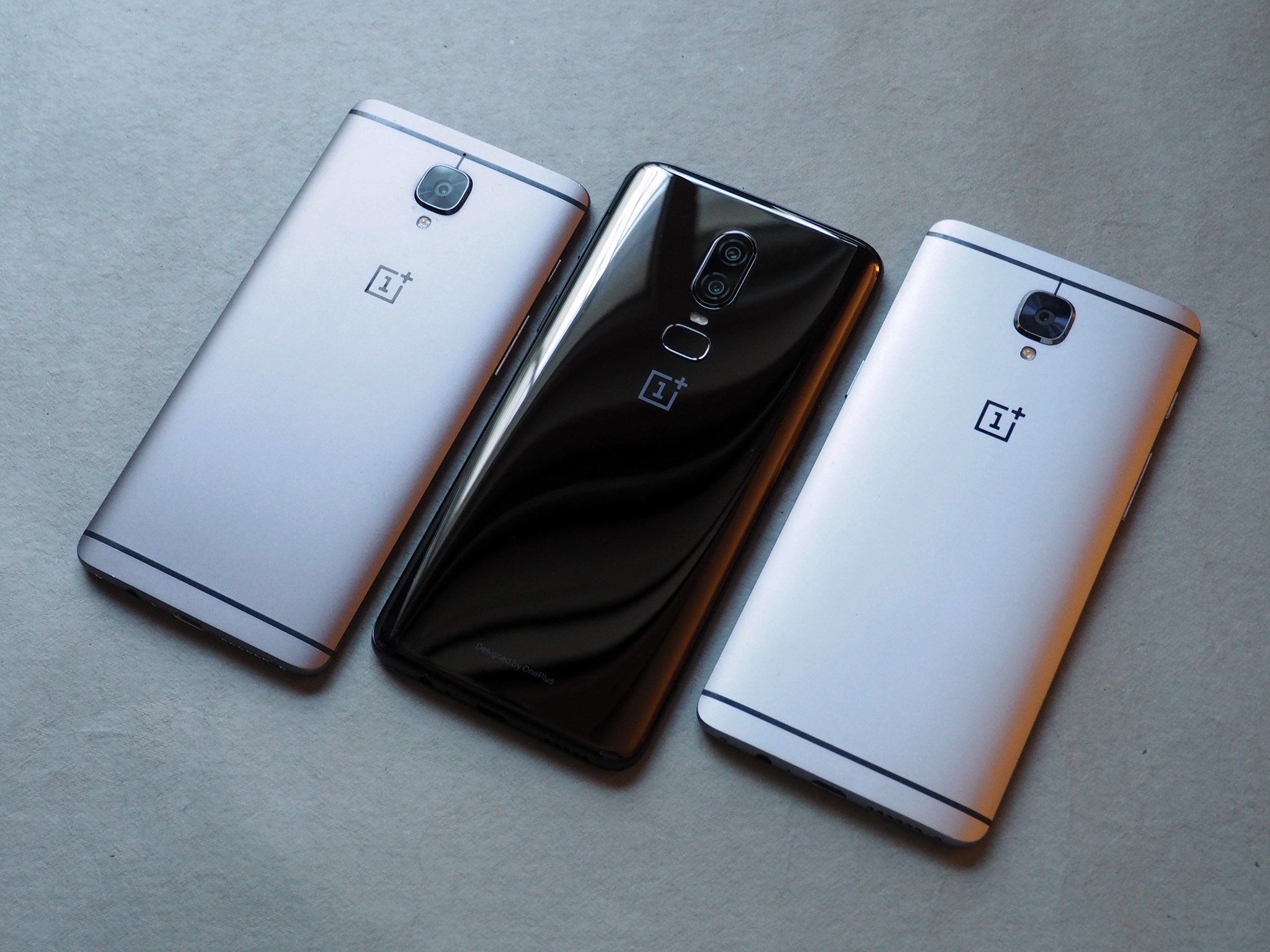
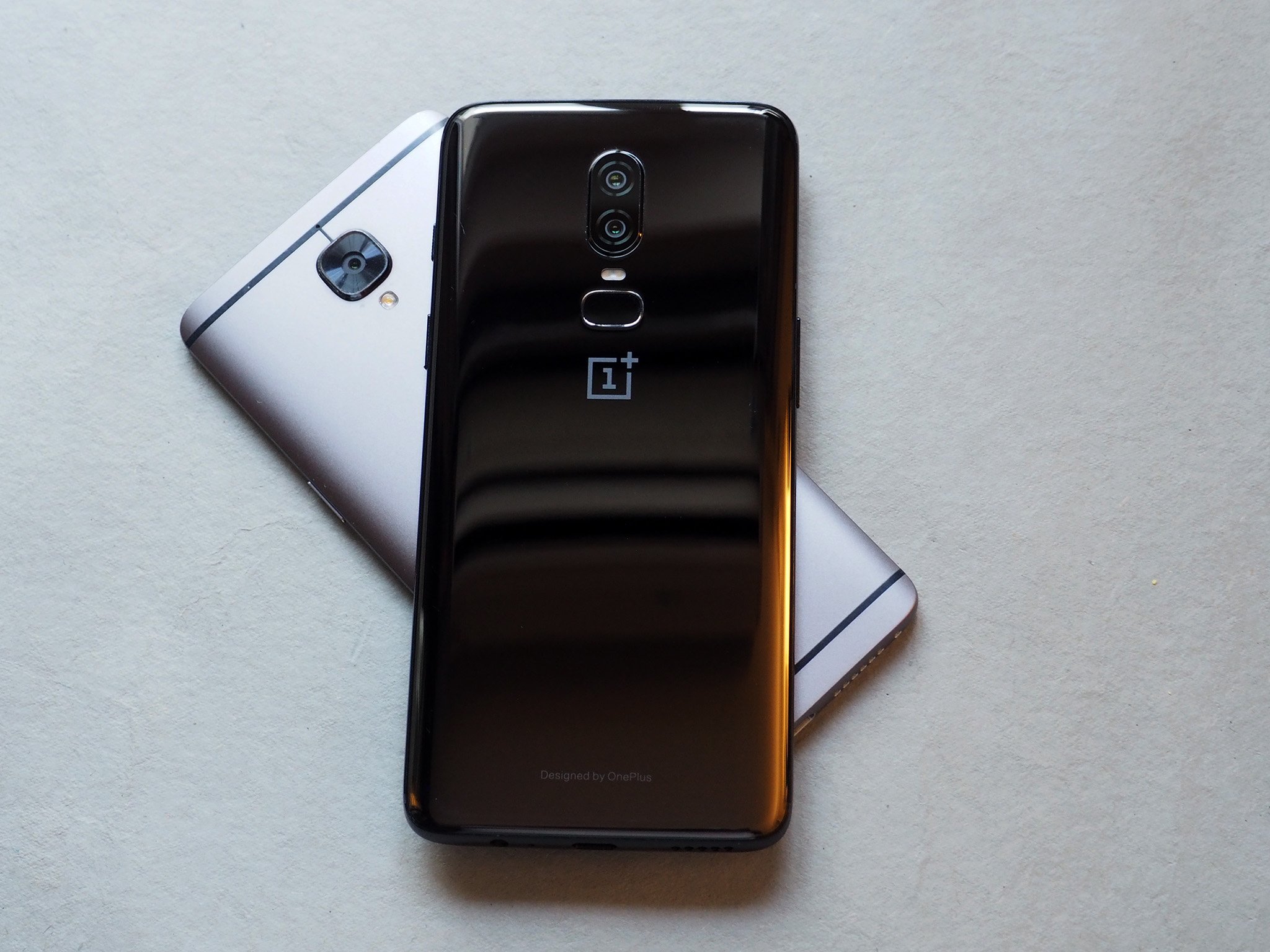
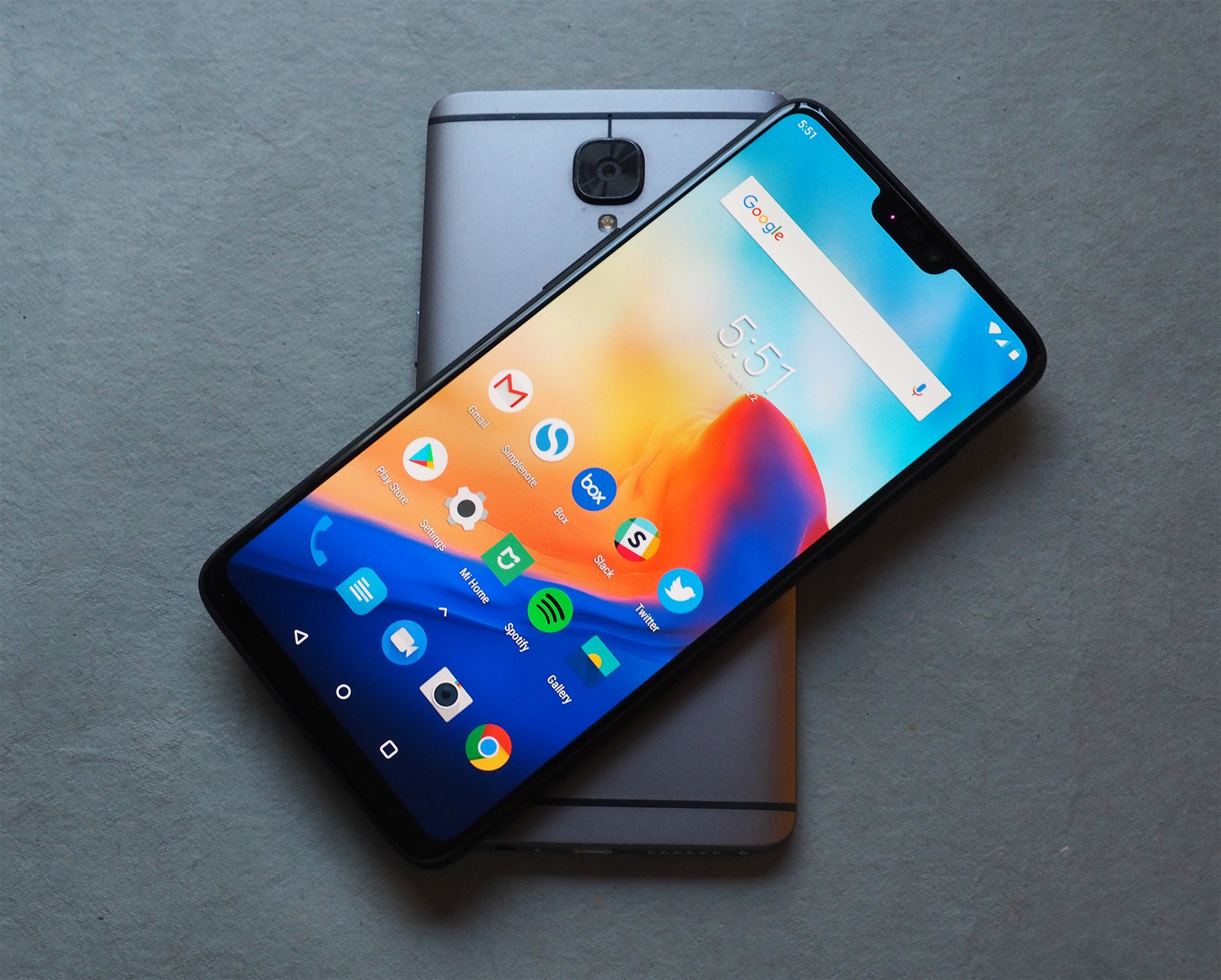
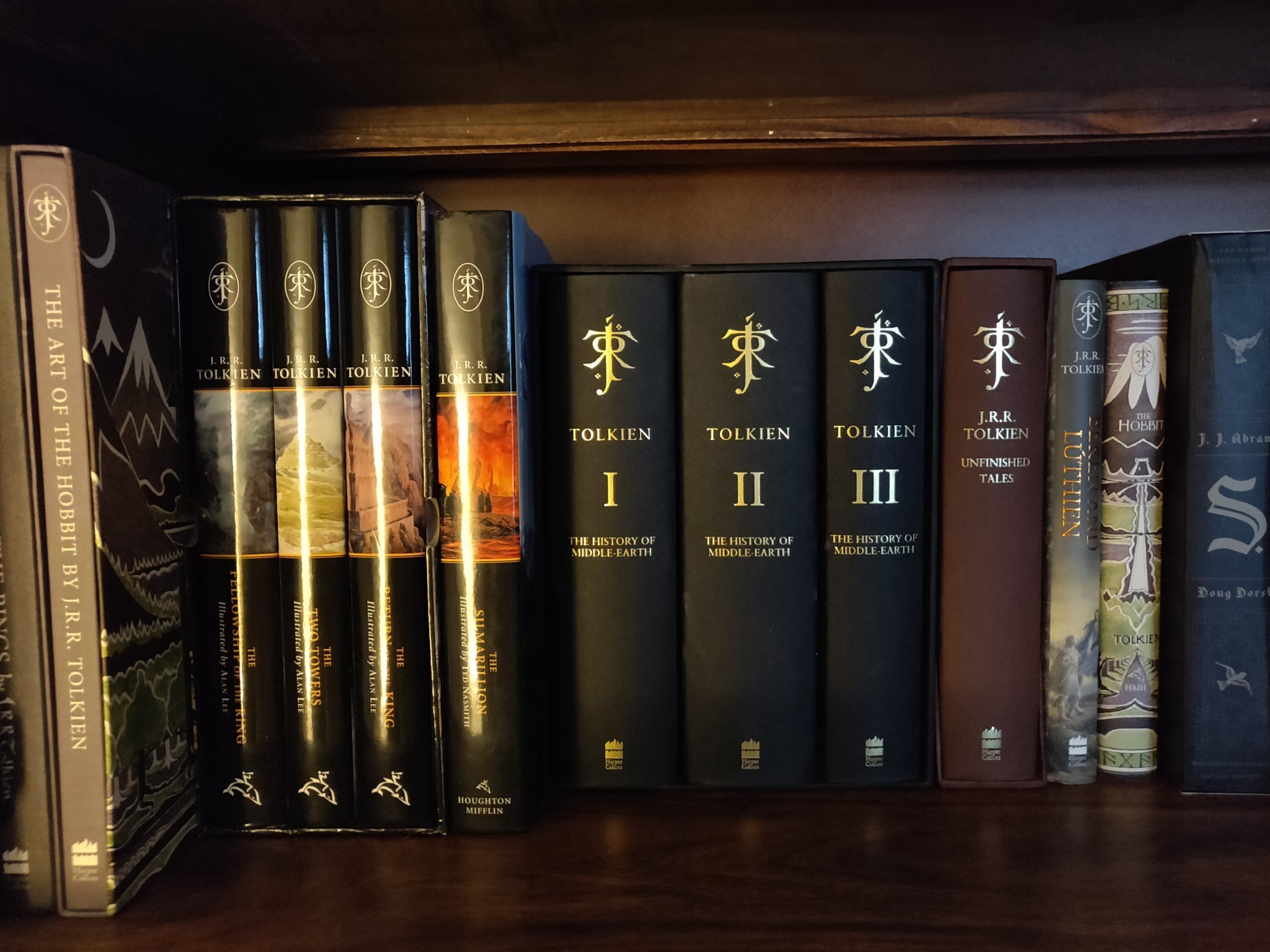



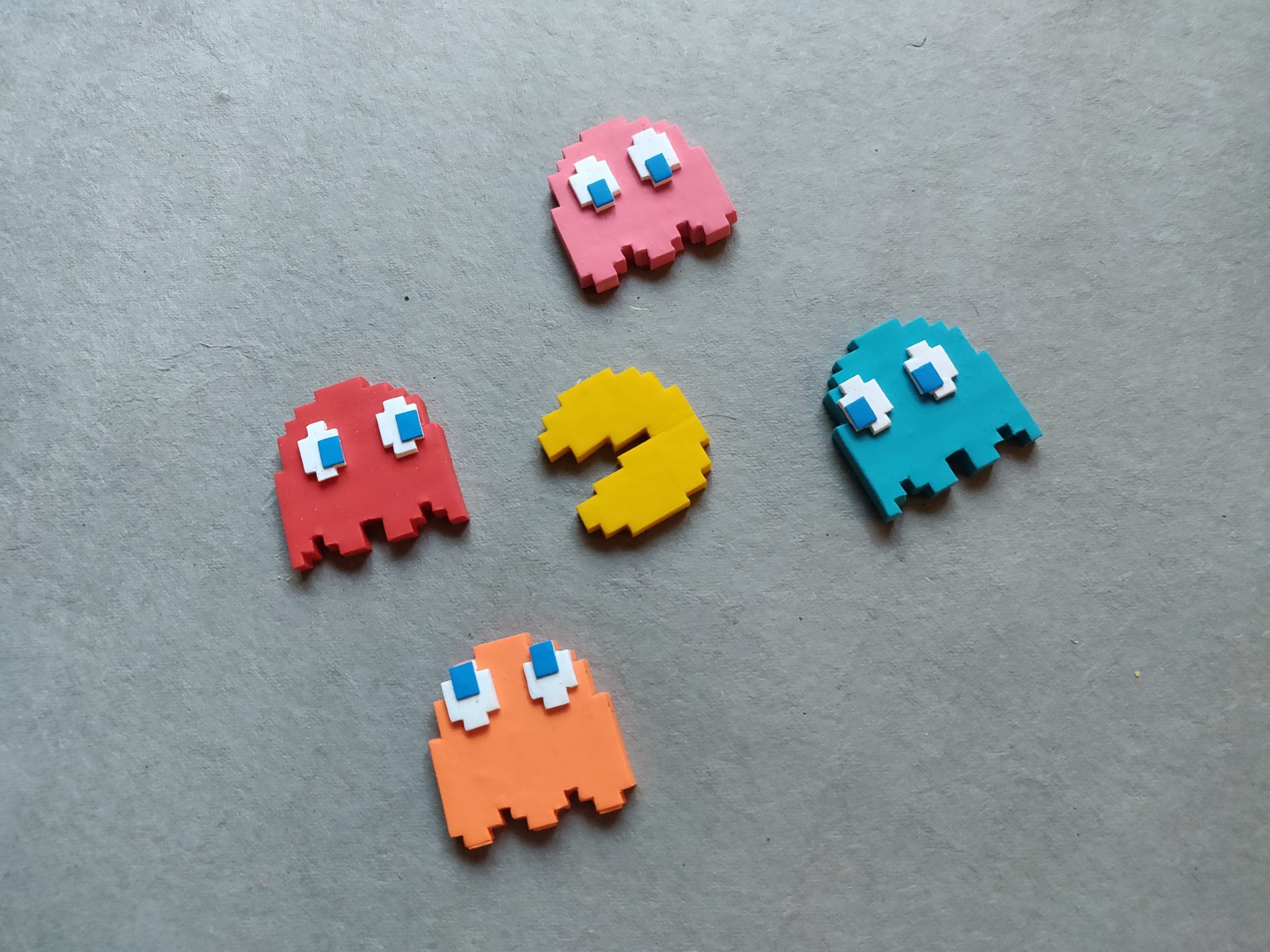
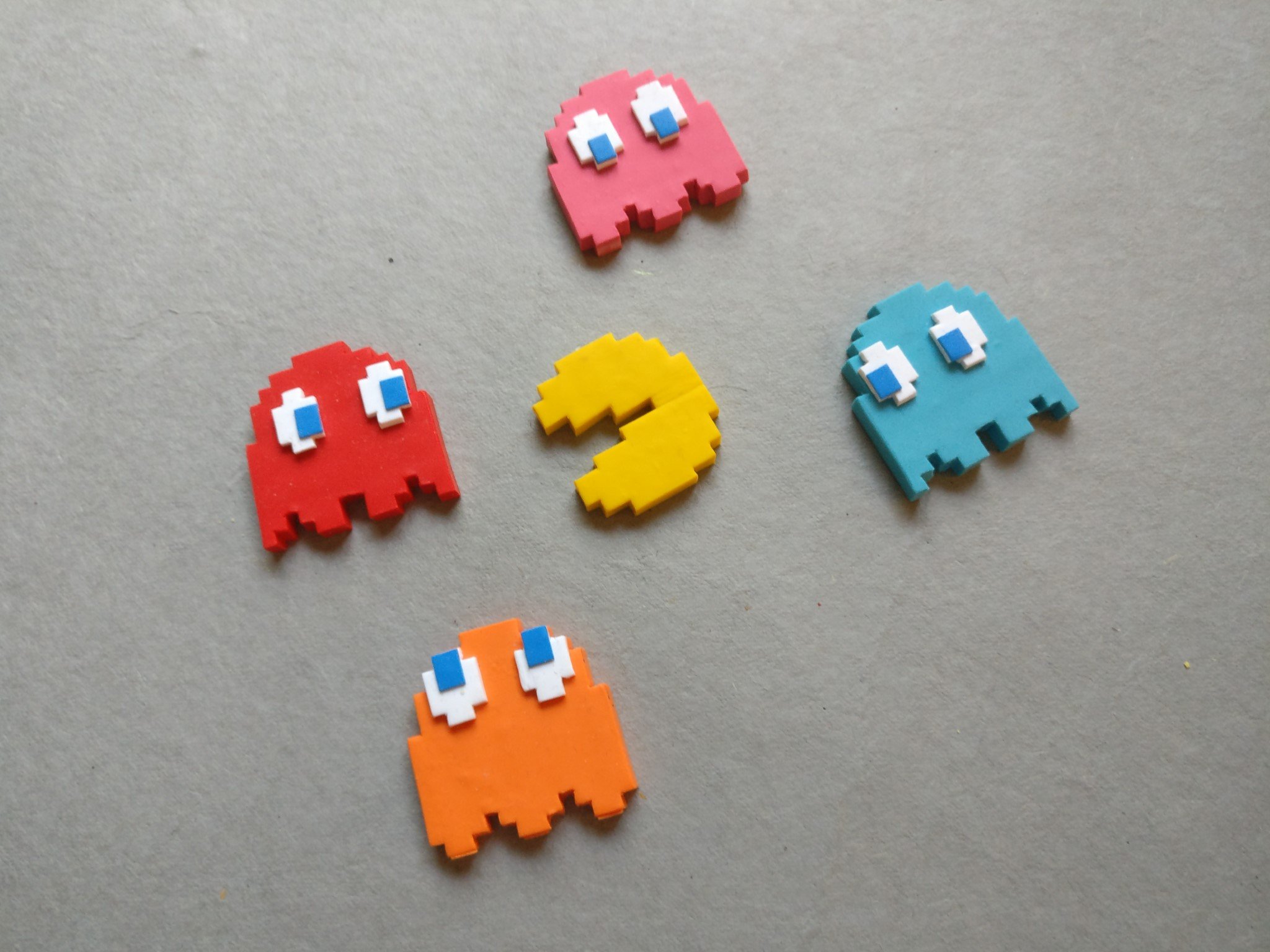
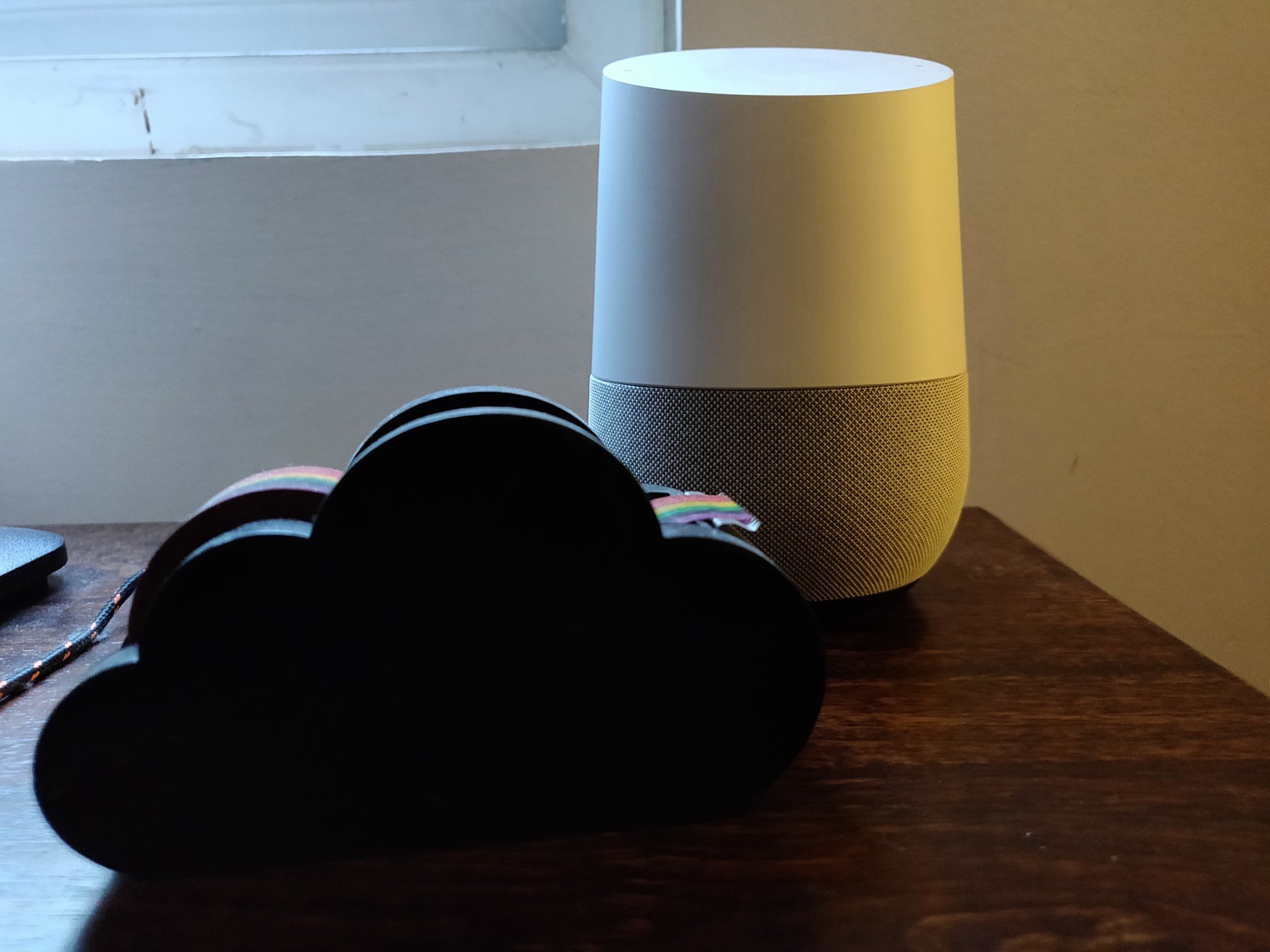
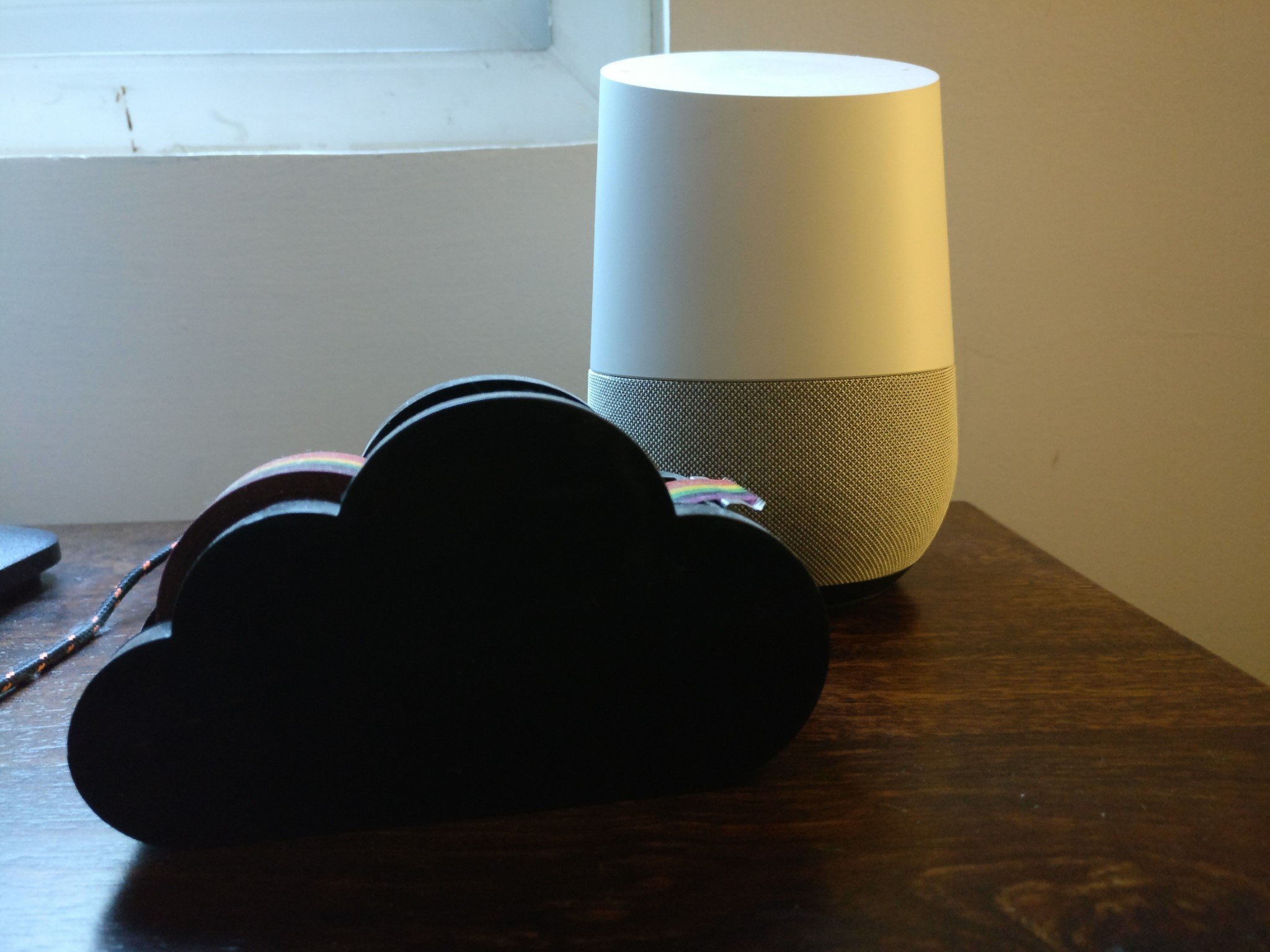
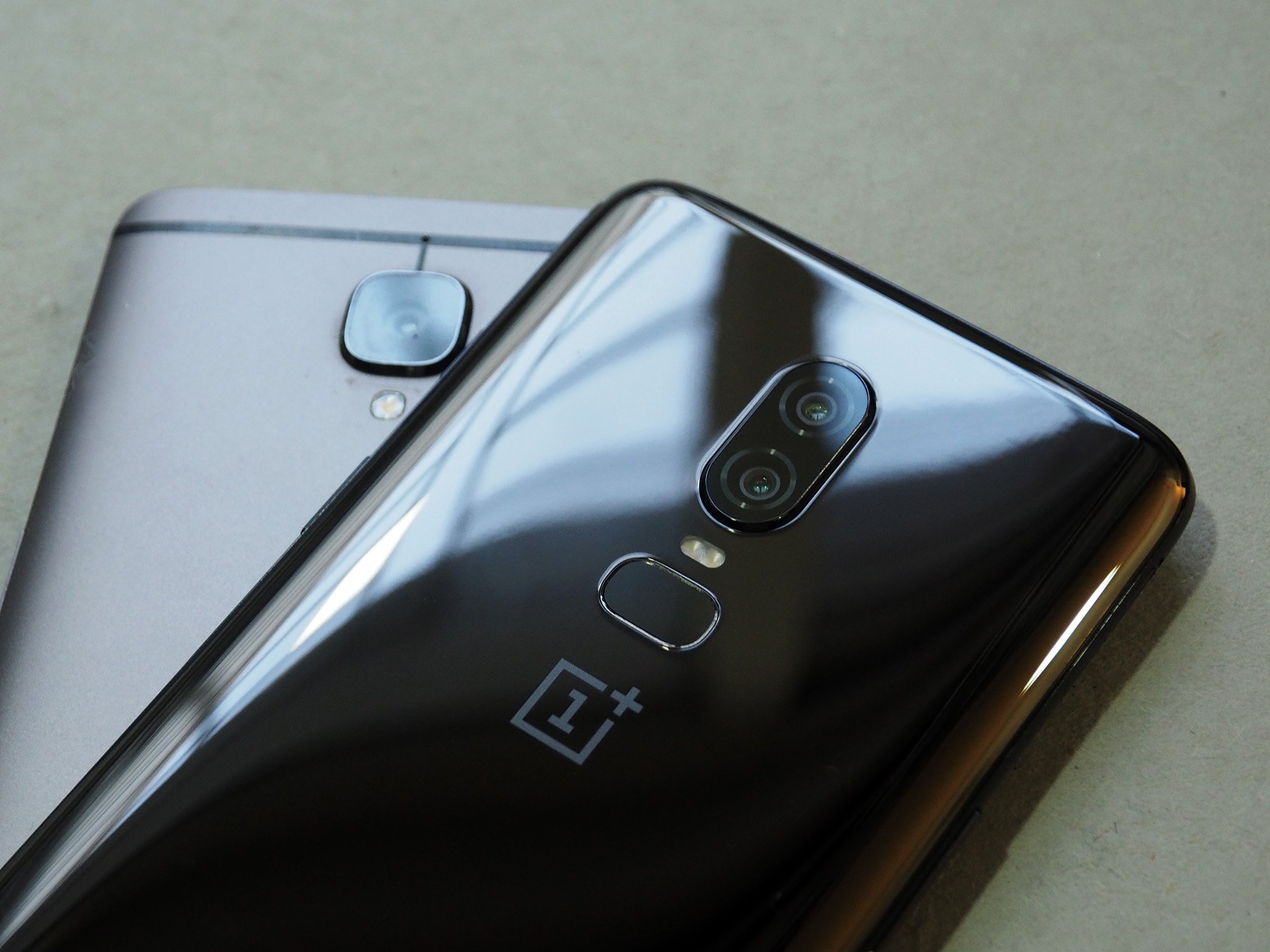
Tidak ada komentar:
Posting Komentar